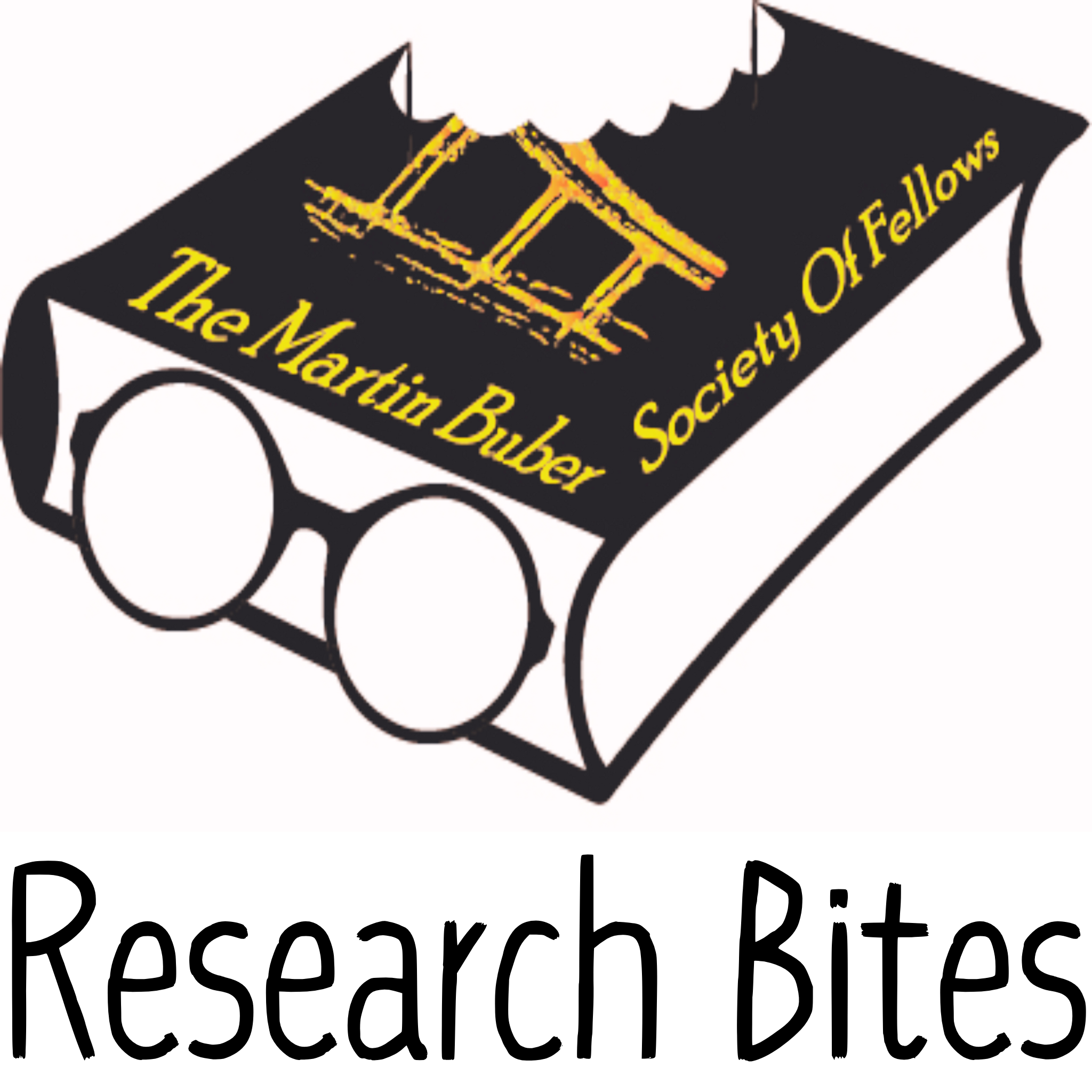Episodes
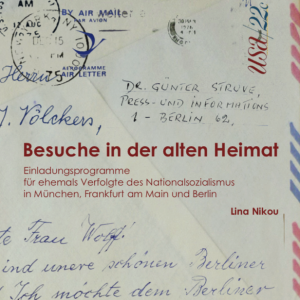
Sunday Mar 14, 2021
Sunday Mar 14, 2021
Only fifteen years after the Second World War some cities in western Germany started to contact former citizens living abroad who had been persecuted during National Socialism. A few of these cities also granted invitations to these former victims of National Socialism, inviting them to visit their former places of residency in Germany for one or two weeks. Some of these contacts and invitations started in the 1960s. Since the 1980s they took place all over Germany. Surprisingly, most of these contacts and invitations were not initiated by German politicians. Instead, former victims of the Nazi persecution within the cities as well as abroad played a major role in the initiation and the success of these initiatives. This apparent paradox is at the center of this episode about “invitations to the old hometown”.
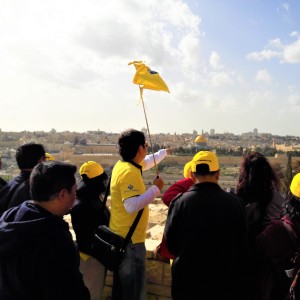
Sunday Mar 14, 2021
Indonesian Tourism to Jerusalem
Sunday Mar 14, 2021
Sunday Mar 14, 2021
Tens of thousands of Indonesian tourists come to Israel/Palestine every year. Some of them come in groups that consist only of Muslims, while others are made up by Christians. How are the experiences and itineraries of the two types of groups different, and how are they similar? And what can we learn from these about tourism, identity formation, Indonesia, and the Israeli-Palestinian conflict?
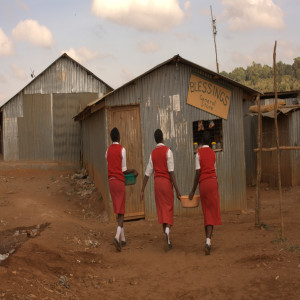
Thursday Apr 02, 2020
Religious Mobility and Identity among Christians in Kenya
Thursday Apr 02, 2020
Thursday Apr 02, 2020
We often think of religious membership as clear-cut and exclusive: A member of group A could not possibly also be a follower of group B. Conversely, and especially among scholars observing disempowered populations, religion is often seen as instrumental – a means for accumulating material, social, or symbolic capital. How do these two perspectives fit together in Kenya – a diverse and predominantly Christian country with high rates of material insecurities? How has the Christian revival of recent decades, associated with neo-Pentecostalism and with becoming born again, influenced patterns of mobility and conceptions of religious belonging among Kenyan Christians? And what are the broader social and political implications of such observations?
In this episode, Prof. Ruth HaCohen interviews Yonatan Gez, an anthropologist that specializes in Religion and society in East Africa.
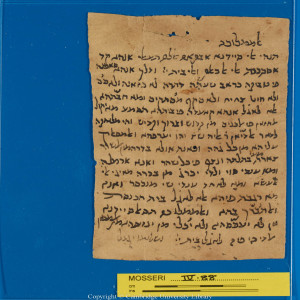
Wednesday Mar 25, 2020
Women’s Letters from the Cairo Genizah
Wednesday Mar 25, 2020
Wednesday Mar 25, 2020
We often imagine the Jewish family of past generations to have been a bastion of stability and affection in uncertain times. However, at least in eleventh and twelfth century Egypt, the Jewish family was fluid and unstable. Women occasionally married several times during their lives, husbands were often away for long periods of time, and polygamy was not uncommon. The documents of the Cairo Geniza, a rich trove of documents discovered in the Ben Ezra Synagogue in Old Cairo, reveal how women, with their limited resources, maneuvered in such unstable conditions. Of special interest are the more than 200 women's letters in the Geniza, giving us practically the only extended example of writing by Jewish women from the Middle Ages. How these letters were written? Do they reflect women's authentic voices? What did these women write about? Come and hear!
In this episode, Dr. Miriam Goldstein interviews Oded Zinger, a historian that specializes in Jews in Islamic lands.
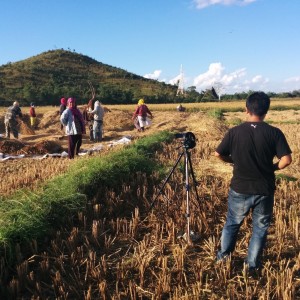
Wednesday Mar 18, 2020
Let's NOT talk about 'you' and 'me': Changing languages
Wednesday Mar 18, 2020
Wednesday Mar 18, 2020
Language teachers make us believe that learning a language means learning a bunch of grammatical rules. But we all know that native speakers don't have the slightest problem bending those rules backwards to carve out nuances and to skillfully avoid tricky topics. In southern Northeast India, a number of related languages have come up with new forms replacing 'you' and 'me'. But how can you replace expressions as basic as 'you' and 'me'? And why would you?
In this episode, Dr. Daphna Oren-Magidor interviews Dr. Linda Konnerth, a linguistician that studies the Trans-Himalayan languages of Northeast India.
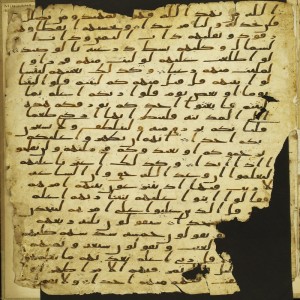
Sunday Dec 30, 2018
Visual Dimensions of the Qur‘an
Sunday Dec 30, 2018
Sunday Dec 30, 2018
When we think about the Quran - the holiest religious book for a quarter of humanity - we rarely think about it as a visually-rich text. The Quran and Islam in general, often enter the cultural imagination through auditory practices such as recitation, or even with a mind to the Islamic prohibition of pictures. But is this the whole story? Are there visual aspects to the Quranic text that scholarship has neglected so far? And if we turn our attention to these aspects, how will this shape our understanding of the Quran as a historical document that is a product of its time?
Let’s turn to Prof. David Shulman, who is interviewing Dr. Hannelies Koloska, a historian and philologist specializing in Quranic studies.
Image: Verses from surah 18 from a manuscript of a Qur’an codex (Islamic Arabic 1572), before 750. Credit: Manuscripta Coranica, published by the Berlin Brandenburgische Akademie der Wissenschaften by Michael Marx, in cooperation with Salome Beridze, Sabrina Cimiotti, Hadiya Gurtmann, Laura Hinrichsen, Annemarie Jehring, Tobias J. Jocham, Tolou Khademalsharieh, Nora Reifenstein, Jens Sauer und Sophie Schmid. Betaversion: as of 30.12.2018
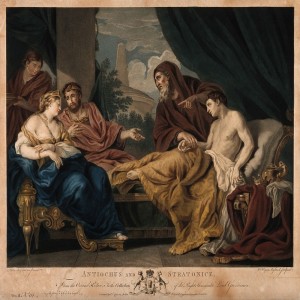
Sunday Dec 30, 2018
Taking the Pulse - The Emergence of a New Diagnostic Method
Sunday Dec 30, 2018
Sunday Dec 30, 2018
What is a more familiar bodily phenomenon than the pulse? We are so accustomed to the sensation of our pulse that it is easy to think this was always a part of human experience. But what if this was not always the case? When did physicians learn about the pulse, and how did it become so central to medical practice and to our own experiences of our bodies?
Let’s turn to Dr. Yakir Paz, who is interviewing Dr. Orly Lewis, a historian of medicine in antiquity.
image: Erasistratus, a physician, realizing that Antiochus's (son of Seleucus I) illness is lovesickness for his stepmother Stratonice, by observing that Antiochus's pulse rose whenever he saw her. Colored engraving by W.W. Ryland, 1772, after Pietro da Cortona. Credit: Wellcome Collection.

Sunday Dec 30, 2018
Time and again: The Contested History of Working Hours
Sunday Dec 30, 2018
Sunday Dec 30, 2018
It is hard to imagine a world without the division into work days and holidays, or regular office hours (usually 9 to 5), extra hours, and free time. But how did this daily rhythm--which is at the core of our current experience of time--come to be? What is its impact on our lives? And how does it continue to evolve today, with changes in the workplace and in the global economy?
Let’s turn to Dr. Eitan Grossman, who is interviewing Dr. Philip Reick, a social historian who is working on the history of capitalism, organized labor, and Urbanism.
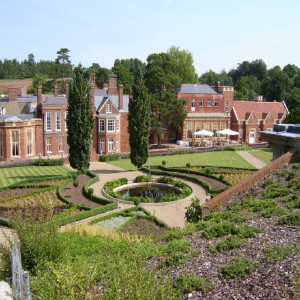
Thursday Dec 13, 2018
Why Moll Wouldn’t Marry?
Thursday Dec 13, 2018
Thursday Dec 13, 2018
We seem to have a pretty clear picture of the lives of women three or four hundred years ago. They were under the charge of their fathers until their parents chose a husband for them, and then they had to get married. They had very little freedom and very little choice about it.
But… Who decided when and to whom women in early-modern England should marry? Why would a woman decide to refuse all her suitors and never marry? And what were the consequences of such choices?
Let’s turn to Dr. Yonatan Moss, who is interviewing Dr. Daphna Oren-Magidor, a historian of the family in seventeenth-century England. Daphna will be telling us about one woman whose story sheds a different light on this topic.
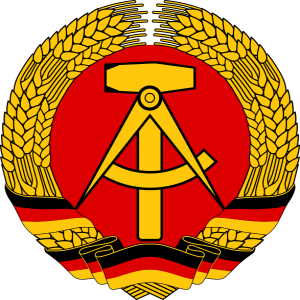
Sunday Dec 09, 2018
Sunday Dec 09, 2018
It sounds like a James Bond movie: Catholic priests as spies who collaborated with the secret police. Clergymen who met in secret with officers of the socialist regime to report about other church members. High representatives of the church who willingly violated their own moral standards. Another scandal in recent church history, that has been kept secret for too long?
Let’s turn to Dr. Orit Gazit, who is interviewing Dr. Gregor Buss, a Catholic theologian and ethicist.

